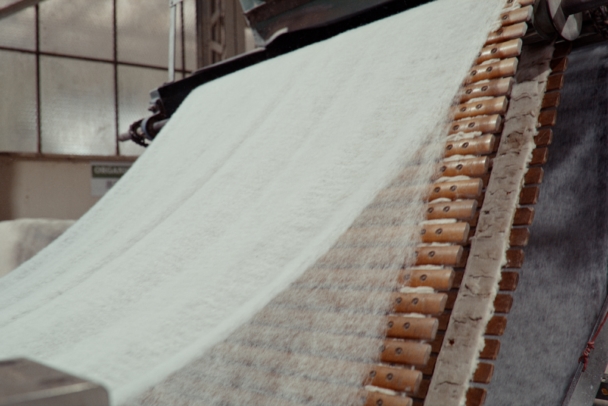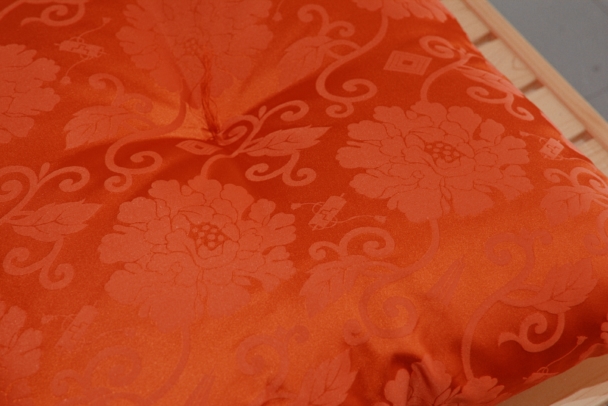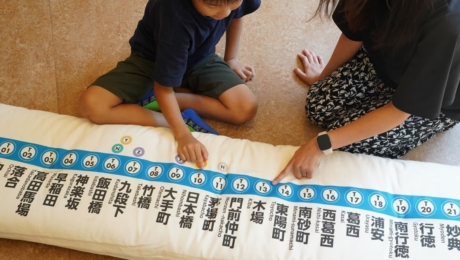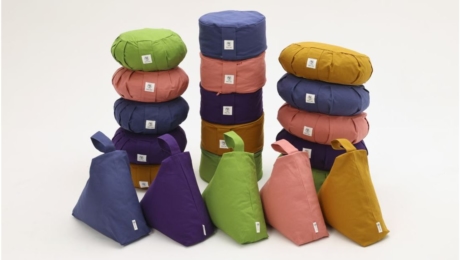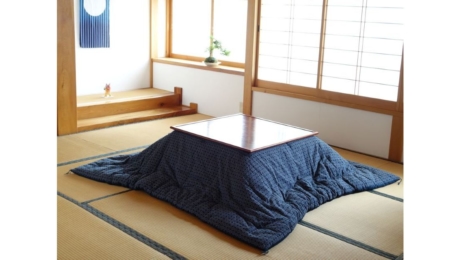

The Comfort of Cotton, Loved Across Generations
For years, futons made of highly absorbent cotton have been a favorite bedding in Japan’s humid climate. Not only are they excellent at retaining heat, keeping you warm in winter and remaining breathable in summer, they can be refabricated and maintained for long-term use. Mori Seimenjo, established in 1917, takes meticulous care in ensuring the quality of thei cotton, processing imported raw cotton at their factory to craft products such as futons and zabuton. Their strength lies in their craftsmanship of handmade items, which can be tailored to custom orders, and renowned inns, traditional restaurants, temples, and entertainment venues across Japan are among their regular customers.
Today, most cotton has been modified to produce thin, long fibers suitable for clothing. However, to make thick and resilient futons, cotton with short, thick, and elastic fibers is best. Mori Seimenjo primarily imports high-quality raw cotton with just these characteristics, known as Desi cotton, from India.
In the factory, the process of cotton spinning begins by putting raw cotton into a cotton milling machine that loosens the cotton while removing impurities such as leaves and seed fragments. The next step is carding, where the fibers are aligned and formed into sheets. The cotton sent to the carding machine is processed by needled and bladed rollers, then layered multiple times to create fluffy cotton sheets calledtamawata. Since the carding machine model used by Mori Seimenjo is no longer in production, they have carefully maintained the same machine for over 40 years, continuing to deliver high-qualitytamawatato retailers nationwide.
Handmade futons and zabuton crafted by artisans are also popular with individual customers. For zabuton, sheets of cotton are layered and inserted into a bag-shaped fabric, with additional cotton placed in the four corners to create sharp edges. The fabric opening is then sewn shut, the center stitched in a cross pattern, and tassels attached to the corners to complete the product. The uniformly filled, fluffy finish is the result of years of experience.
Made solely from plant-based materials, recent years have seen increased demand from vegan customers, particularly in Europe and the United States. As attention to cotton traceability and providence grows, Mori Seimenjo’s efforts to produce safe cotton products, including obtaining the GOTS (Global Organic Textile Standard) certification, have been a significant step towards building trust both domestically and internationally.
